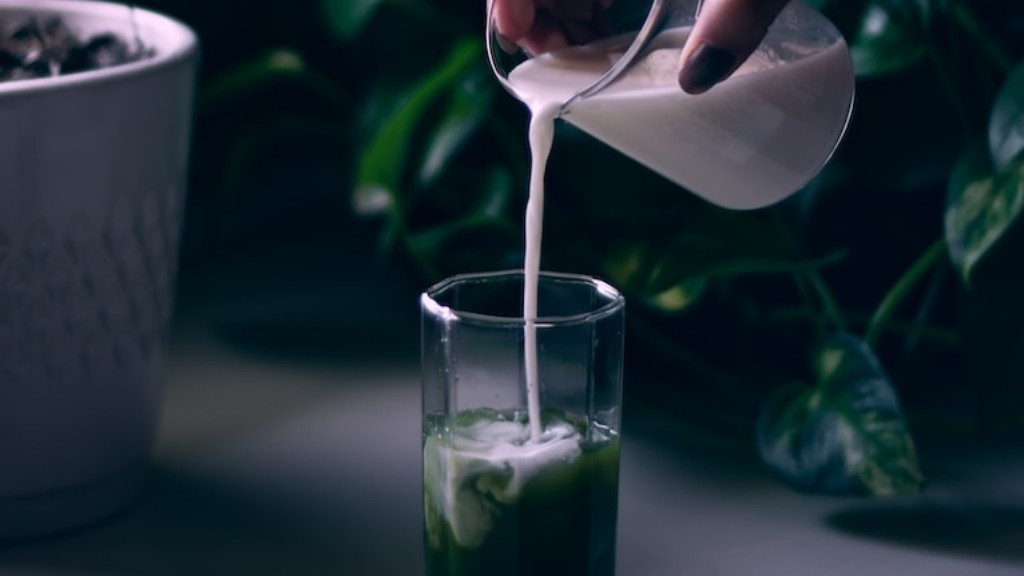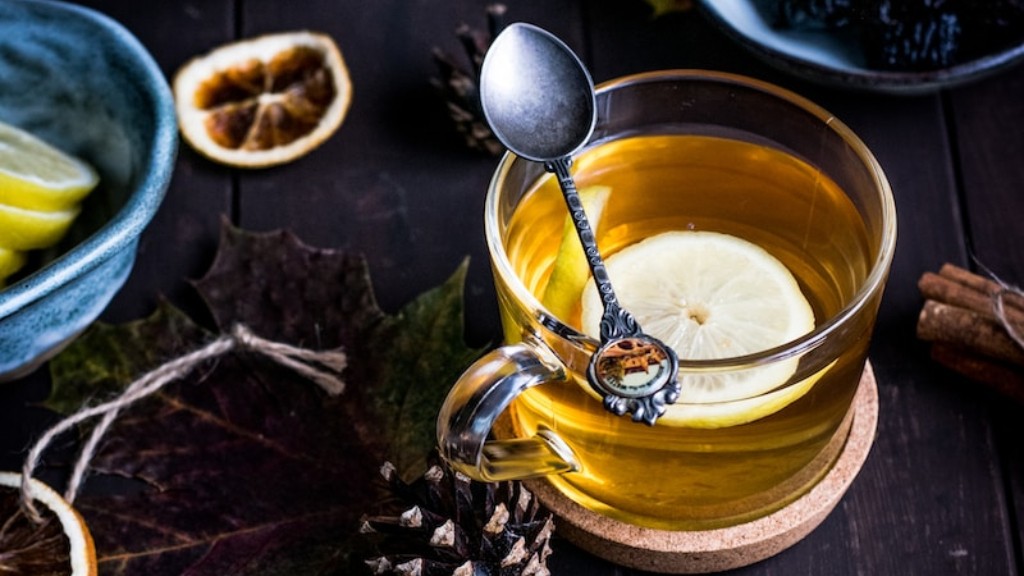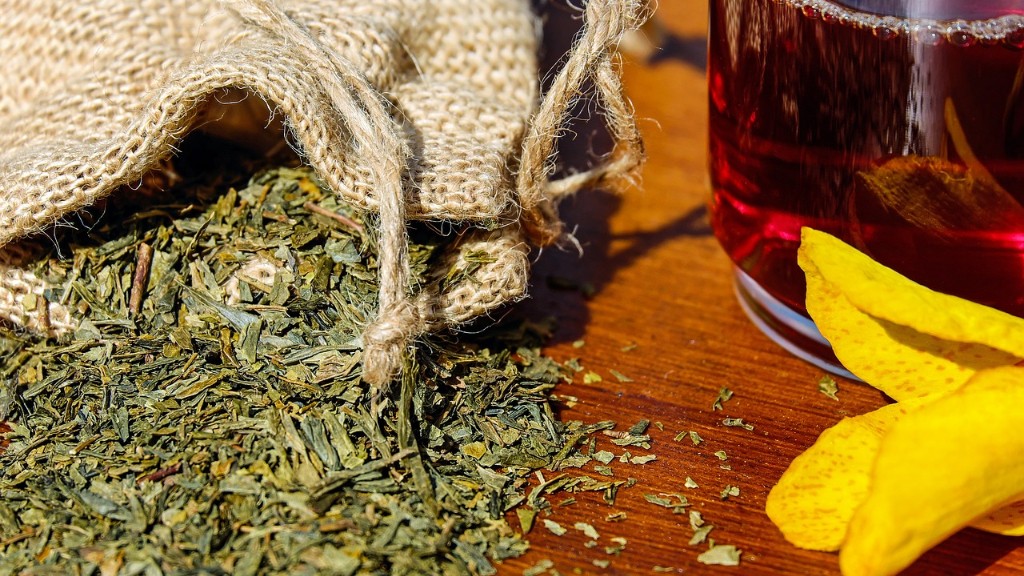Have you ever wondered if drinking a simple cup of black tea could help lower your iron levels? Well, you’re not alone. Hemochromatosis, a condition characterized by excessive iron absorption, affects millions of people worldwide. But can black tea really make a difference in managing iron levels? Let’s dive into the details and explore this intriguing topic.
The Power of Black Tea
Black tea, derived from the leaves of the Camellia sinensis plant, has been consumed for centuries and is beloved for its robust flavor and numerous health benefits. Packed with antioxidants and polyphenols, black tea has been linked to a variety of positive effects on the body, including improved heart health, enhanced cognitive function, and even potential cancer-fighting properties.
While black tea is commonly associated with its caffeine content, it is also rich in compounds called tannins. Tannins are natural plant chemicals that have been found to have many health benefits, including the ability to bind to iron.
The Connection to Hemochromatosis
Now, let’s shift our focus to hemochromatosis. This hereditary disorder causes the body to absorb excessive amounts of iron from the diet, leading to a buildup of iron in various organs and tissues. Over time, this can result in serious health complications, such as liver damage, heart problems, and even diabetes.
Although there is no cure for hemochromatosis, the management of iron levels is crucial in preventing complications. The standard treatment is phlebotomy (bloodletting), which involves regular removal of blood to reduce iron overload. However, dietary modifications, including the consumption of iron-binding substances, may also play a supporting role.
The Iron-Binding Potential of Black Tea
Studies have shown that certain compounds in black tea, particularly tannins, have the ability to bind to iron in the digestive system. By forming complexes with iron, these compounds prevent its absorption into the bloodstream, hence reducing iron overload.
While the iron-binding effect of black tea is not as potent as that of prescription chelating agents or dietary supplements specifically designed for iron reduction, it still presents a natural and accessible option for individuals with hemochromatosis. Incorporating black tea into a balanced diet, while following medical advice, could potentially contribute to a holistic approach to managing iron levels.
But Does It Really Work?
Now, the question arises: Does drinking black tea actually lower iron levels in individuals with hemochromatosis? While research on this specific topic is limited, some evidence suggests that regular consumption of black tea may have a positive impact.
One small study published in the European Journal of Clinical Nutrition indicated that drinking black tea with meals reduced iron absorption in healthy individuals. Although this study did not focus specifically on hemochromatosis patients, it provides some insight into the potential iron-binding properties of black tea.
Furthermore, anecdotal reports from individuals with hemochromatosis claim that incorporating black tea into their daily routine has helped them manage their iron levels, potentially reducing the frequency of phlebotomy treatments. While these accounts cannot be solely relied upon as scientific evidence, they highlight the intriguing possibility that black tea might indeed play a role in iron level regulation.
Daily Considerations and Recommendations
It’s important to remember that black tea is not a magical cure for hemochromatosis or a substitute for medical treatment. If you suspect you have the condition, it is vital to consult with a healthcare professional for an accurate diagnosis and personalized advice.
If you are already diagnosed with hemochromatosis, here are a few considerations and recommendations:
1. Moderation is Key
While black tea may have potential benefits in managing iron levels, it’s important not to overdo it. Excessive consumption of black tea, especially in individuals with iron deficiency, may interfere with iron absorption and lead to other complications. As with any dietary change, moderation is key. Aim to incorporate 1-2 cups of black tea per day into a well-balanced diet.
2. Timing Matters
Drinking black tea with meals, as demonstrated in the aforementioned study, may be particularly beneficial in reducing iron absorption. Consuming it between meals might not yield the same iron-binding effects. Consider incorporating black tea into your regular mealtime routine for potential benefits.
3. Personalized Approach
Everyone’s body and iron levels are unique, so what works for one person may not work for another. It is essential to work closely with a healthcare provider to establish an appropriate treatment plan tailored to your specific needs. Regular monitoring of iron levels and adjusting dietary habits accordingly is crucial.
4. Variety is Key
While black tea shows potential benefits, it’s important to maintain a varied and balanced diet to ensure you receive all the necessary nutrients. Incorporate a range of naturally iron-rich foods, such as lean meats, legumes, leafy greens, and fortified grains.
5. Stay Informed
As new research emerges, our understanding of hemochromatosis and its management continues to evolve. Stay informed about the latest findings and consult with healthcare professionals to make well-informed decisions regarding your health.
In Conclusion
While black tea may offer some potential benefits in managing iron levels in individuals with hemochromatosis, it is essential to approach it as a complementary component of a comprehensive treatment plan. Consult with healthcare professionals, stay informed, and personalize your approach to effectively manage this condition. The power of black tea lies in its potential to contribute to a holistic approach to hemochromatosis management, one sip at a time.




